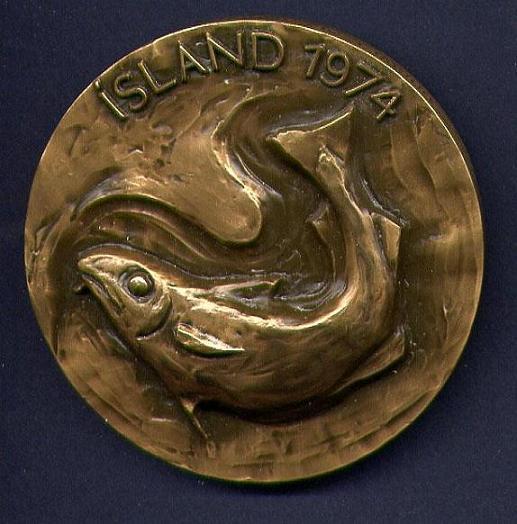The Cake Icing for Australia's Submarine Selection
Background
Aside from submarine performance criteria, shifted political winds and related labor participation mandate for domestic build economics, was there another, especially enticing incententive, for selecting DCNS? Quite possibly .... Here are some leading opinions.Headlines
Consider 5 excerpts from some recently published opinions [color emphasis mine]:May 6, 2016 | Japan's Failed Australian Submarine Bid: Is America at Fault?
"The widely understood sticking point for the European bids, namely U.S. reluctance to share the details of its AN/BYG-1 Combat Management System with European firms has evaporated. President Obama is reported to have indicated as much to Prime Minister Turnbull, with a “senior source” suggesting that there would be no implications for the alliance, no matter which bidder won. ... If an overture to Pyongyang is in the offing, with China, South Korea, and Japan onside, was the scuttling of the Japanese submarine bid part of the price, unbeknownst to Japan until very recently of course? All it would have taken, as the French bid which promises a full Australian-based build is both politically and economically attractive to the Australian government, was the hint that “Option J” was no longer necessarily an American preference." - Zac Rogers in The National Interest
May 6, 2016 | Australia’s Submarine Superiority: Strange Strategies and Overspending
"Given Australia’s relatively benign strategic environment, the very high projected cost for the 12 Shortfin Barracuda boats is probably not justified, especially since the primary practical missions of the submarine fleet will be covert operations and intelligence collection. ... The country probably needs a regionally superior cyber-enabled and balanced military force across all services before it needs a force of 12 submarines. We can expect that the Australian government will come to see that. In the absence of a direct military threat to the Australian mainland, the projected submarine spend of A$50 billion is almost certainly unsustainable in political terms. The eventual build through the 2020s and 2030s of new Australian submarines will almost certainly be closer to six boats than 12." - Greg Austin, in The Diplomat
May 10, 2016 | Why DSCNS Won - Some reasons not yet covered in the media.
"It still needs to be said that TKMS can offer no nuclear option if Australia changes its mind and (say, in 2025) actually wants "regionally superior" submarines, especially if China and/or Putin become threatening. - this might mean Australia would want the Barracuda SSN for the first batch of 6 (2030 - 2040) and/or for a second batch of 6 (2040 -2050) Nuclear Barracuda option for second batch." - Peter Coates in Submarine matters
May 11, 2016 | Superannuation change means that savers can no longer trust governments
[see "Submarine facts"]
"The submarine program is the most complex defence procurement ever undertaken in this country. The commercial discussions will require the Defence Department to negotiate a number of contractual arrangements to ensure we get the right capability while maximising Australian industry involvement. Once we conclude negotiations with DCNS and select a combat system integrator, work to design the new submarine and combat system will begin in Adelaide this year, not sometime after 2019. ... Most disappointingly, Gottliebsen repeats the incorrect claim that the government selected DCNS of France as the preferred partner to enable nuclear propulsion for the future submarine, despite being advised that this is not the case after he incorrectly reported the same thing last week." - Marise Payne, Minister for Defence, Canberra, ACT in The Australian.com
May 11, 2016 | Should we rush to smooth Japan's ruffled feathers?
"We must be realistic about the challenges posed by China's behaviour, particularly in the South China Sea. We should forthrightly tell Beijing that continued aggression could, eventually, result in the formation of anti-China alliance. But we should not be eager to reach this outcome. For now, closer defence ties between Japan and Australia are likely to worsen, not improve, security in Asia." - Iain Henry, PhD candidate at the Strategic and Defence Studies Centre, Australian National University's Coral Bell School of Asia Pacific Affairs. in The Sydney Morning Herald
Submarines are always silent and strange
Labels: AN/BYG-1, Austalia, China, France, Germany, Japan, nuclear propulsion. Obama, Pyongyang, U.S. Barracuda SSN



0 Comments:
Post a Comment
<< Home